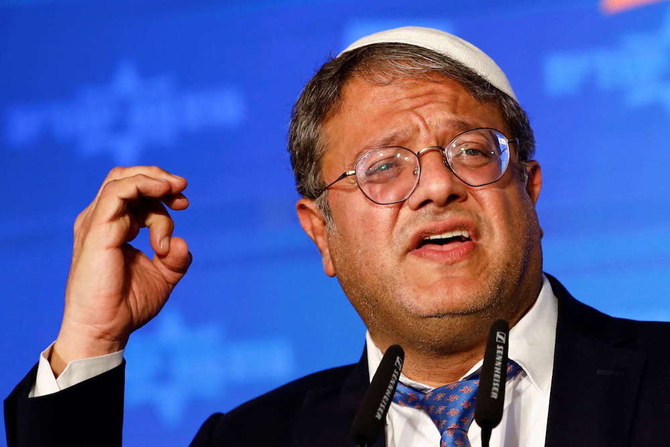
Establishment of more Islamic banks in Southeast Asia and the Middle East will benefit more than 10 million Filipino Muslims
The Central Bank will exercise regulatory powers and supervision over the operations of Islamic banks
MANILA: The Philippines has moved a step closer to opening the country to the wide range of banking and other financial services available through Islamic banking and finance.
The move comes after the House of Representatives recently approved on second reading a proposed bill providing for the regulation and organization of Islamic banks in the Philippines.
In an emailed statement to Arab News, Congressman Henry Ong said the “eventual enactment of the (proposed) law would be one of the historic moments in Philippine banking history.”
The country’s first Islamic bank, according to the lawmaker, was created in 1972.
“With this imminent new law, there will be more Islamic banks not just for Mindanao but also for the rest of the country,” said Ong, who is chairman of the House Committee on Banks and Financial Intermediaries.
Parallel to this bill’s movement through Congress, the Philippine Stock Exchange has its Shariah index of stocks on the PSE where some 60 securities are listed.
Ong noted that the establishment of more Islamic banks, especially those based here in Southeast Asia and in the Middle East, will greatly benefit the 10 million-plus Filipino Muslims, many of whom are “unbanked.”
He pointed out that this is so as the proposed measure will make available particularly to Filipino Muslims, “a vast array of banking, lending, and investment products and services.
“Mindanao’s economy will reap great harvests because of this bill. Filipino Muslims in the Middle East and Southeast Asia would most likely be able to send more remittances to their families and friends. Businesses in Mindanao will have more financing options to grow,” Ong said.
“Upgrading and expanding Islamic banking and finance will help stimulate economic growth in the Bangsamoro Autonomous Region, as well as in Filipino-Muslim communities in Metro Manila and other urban areas nationwide,” Ong continued.
The lawmaker likewise emphasized said that aside from providing the people of Mindanao more banking options, Arab investors and bankers will have more reasons to participate in the growth of the Philippine economy.
“More Islamic banks means more direct investments, including investments by international Islamic banks especially those here in ASEAN, the Middle East, and even Africa,” he said.
Under the proposed bill, Islamic banking business refers to banking business with objectives and operations that do not involve interest (riba) which is prohibited by the Shari’ah and which conducts its business transactions in accordance with Shariah principles.
Section 3 of the bill also provides that the Central Bank’s Monetary Board may authorize the establishment of Islamic banks. It may also authorize conventional banks to engage in Islamic banking arrangements, including structures and transactions, through a designated Islamic banking unit within the bank.
Under prescribed rules and regulations, it may also authorize foreign Islamic banks to establish banking operations in the Philippines under any of the modes of entry provided under Republic Act No. 7721, as amended, otherwise known as “The Liberalizing of Entry and Operations of Foreign Banks in the Philippines.”
The Monetary Board may regulate the number of participants in the Islamic banking system, taking into account the requirements of the economy, the preservation of the stability of the system, and the maintenance of healthy competition.
The Central Bank shall exercise regulatory powers and supervision over the operations of Islamic banks.
The bill further mandates that Islamic banks shall be responsible in ensuring compliance with Shari-an principles. For this purpose, it shall constitute a Shariah advisory council composed of people who have knowledge or experience in Shariah and in banking, finance, and law.












